

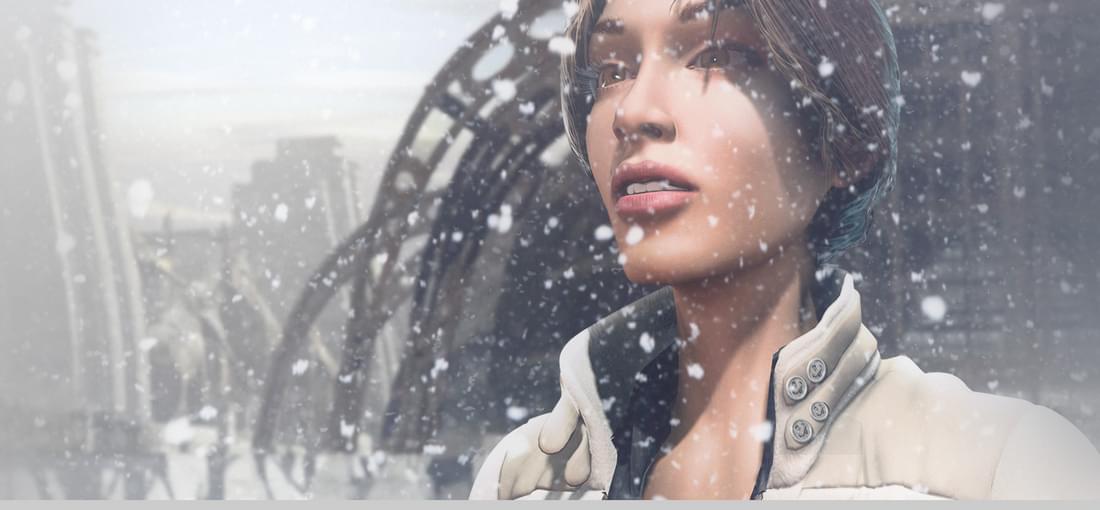
Syberia tells a simple story about getting caught up in a world where nothing goes as planned. But maybe, because of that, a person discovers their true calling. It's a very strange story, in a desolate world that time seems to have passed by. The atmosphere is both quaint and charming, while just under the surface there is something ominous or sad. Everywhere you go, the world shows signs that these places are dying or have long since been abandoned. Yet the more you push through the challenges and these forgotten places, the more it seems that something magical and meaningful awaits in the unknown. In Syberia. I found myself oscillating between really liking the game and getting a bit frustrated by some of the slower pacing and backtracking. But in the end I enjoyed it and I feel that some of the less appealing aspects served the game's message and themes. There were really only a few questlines and puzzles that I found particularly aggravating (mostly with having to run back and forth conversing with NPCs), but overall I felt that the puzzles were decently constructed. They were all decipherable with the information given by the game, and quite a few were particularly clever and creative. I really liked the use of the cell phone as a combination exposition and puzzle device. The only really big criticism is something others have pointed out: Kate's difficulty with stairs. There are a lot of them in the game; and she takes each....step.......very.........painstakingly..............slowly. It did get a laugh out of me a few times though. The game asks for a lot of patience, and I think if you get on board with its theme, then it rewards that patience. I was surprised how emotional I got in the end. Maybe I encountered the game at the right time, but I found its core idea really resonated with me: to embrace a call to unexpected adventure.
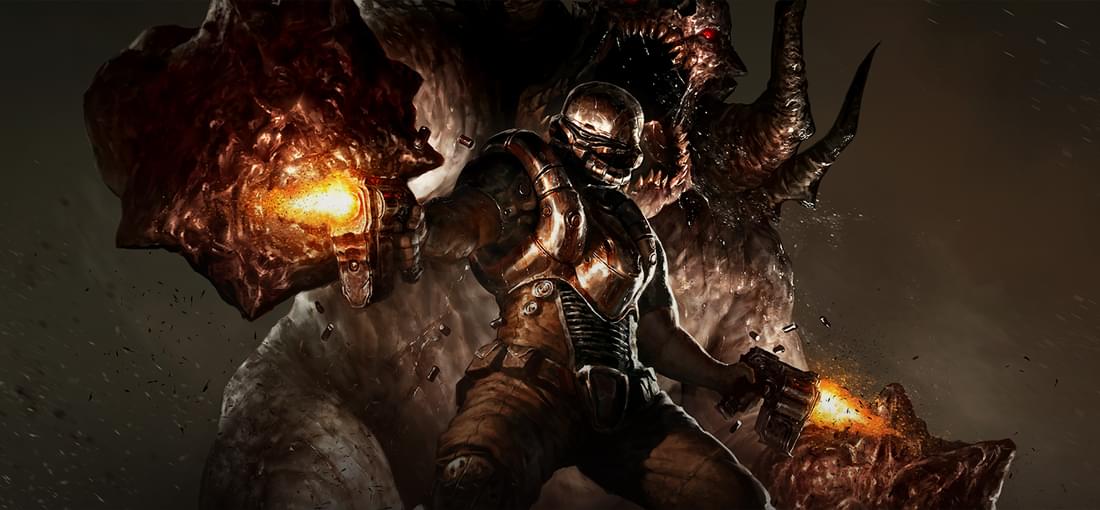
I really like Doom 3; it's my favorite Doom game by a large margin. It is much more of a survival horror than its action-focused brethren. I thought taking this direction with the franchise really served its setting and style extremely well. It was legitimately terrifying for me when originally playing it, and it is one of very few things I still have nightmares about from time to time. It lives in my head all these years later. The atmosphere is moody and morbid; I love how dark the game is. And I love how it is more of an understated creeping horror kind of game punctuated with the action. The weapons are all very different and fun to use, and they each have their own strengths and drawbacks, so there is an extra layer of gameplay in switching between weapons that I feel a lot of games lack. It has what might be one of the best designed interfaces/control schemes of any game, and yes: I even like the flashlight decision of the original. So why only four stars instead of five? Well, it's realllllly close to five stars for me, but the game does rely on monster-closets a LOT, and that gets a bit old as the game progresses. It's also entirely linear and has a functional but not memorable story. The game doesn't do much beyond shooting demons in a hallway, and even though it does that thing really well, it is kind of one-note. That said I would still consider it one of the best pure shooters I've played. If you have never tried it, or have only played the BFG version, I highly recommend the original.
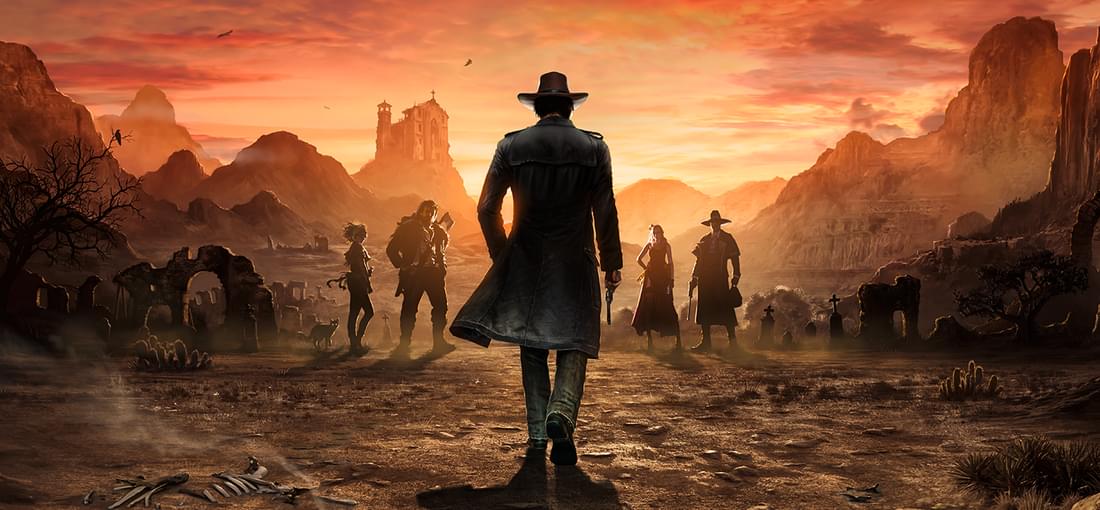
The game is impeccably well made. The soundtrack is great, everything plays smoothly, the graphics are good for what the game needs, the characters and the world are decent enough, but I just sort of...stopped playing. The problem for me is that the way the game plays out becomes far too mechanical. After a certain amount of time, I stopped seeing bandits and just saw vision cones. I stopped seeing western towns and just saw puzzles. My characters weren't people, they were ability sticks. The game world really ceased to feel alive and instead became a series of patterns to discern. Once that started to happen, I got pretty tired of playing it. There was just a bit too much "that guy is watching that guy who is watching that guy" setups that feel suuuuuper contrived and gamey. It was like "yes, I know what I'll have to do to get past all these vision cones... but do I really want to?" And so I just kind of stopped. But some of the missions are pretty fun. I really liked the wedding day mission and the slave boat mission.
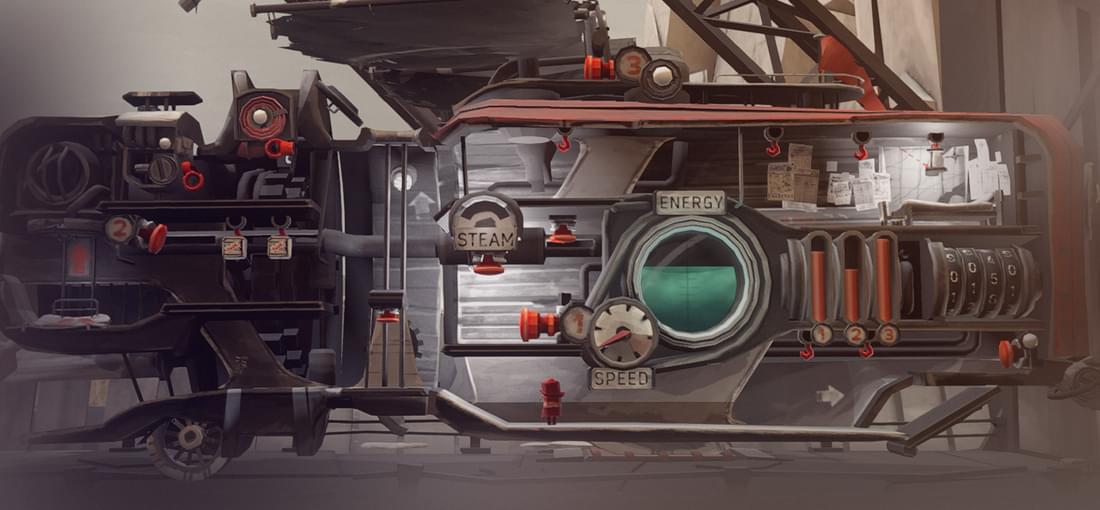
I really liked some aspects of the game, but ultimately I feel it was just ok. The world and music and general tone of the game are all really stellar. I was ready to fall in love with it in the first couple of hours. But the actual gameplay loop became very uninteresting. I was hoping/expecting it would turn into a resource puzzle as you sailed your landship across the dried-up seas, needing to be more efficient and mindful about the fuel you consume and utilizing the environment as resources became more and more scarce. Instead it becomes: sail for a while never having to worry about fuel or resources ever; get stopped by some obstacle; figure out the puzzle to remove the obstacle; repeat. This isn't bad per se, it just isn't much of a game. The puzzles are trivial enough most of the time that they become elongated "press x to continue" segments. However, I think for what the game is, they are the right level of difficulty as being more difficult wouldn't have made the game better, just more frustrating. As it is, I did not find the game of solving checkpoint puzzles to be compelling or rewarding. The best parts of the game are when you are just cruising along, watching the world go by, which never seem to last long enough. The game itself is also a short stay. but I don't think that is necessarily a negative. For what it is, the game's length seems appropriately succinct. That said I'm glad I don't regret playing it. I just wish it could have been a little bit more engaging as a game, in addition to being an engaging visual and aural experience.
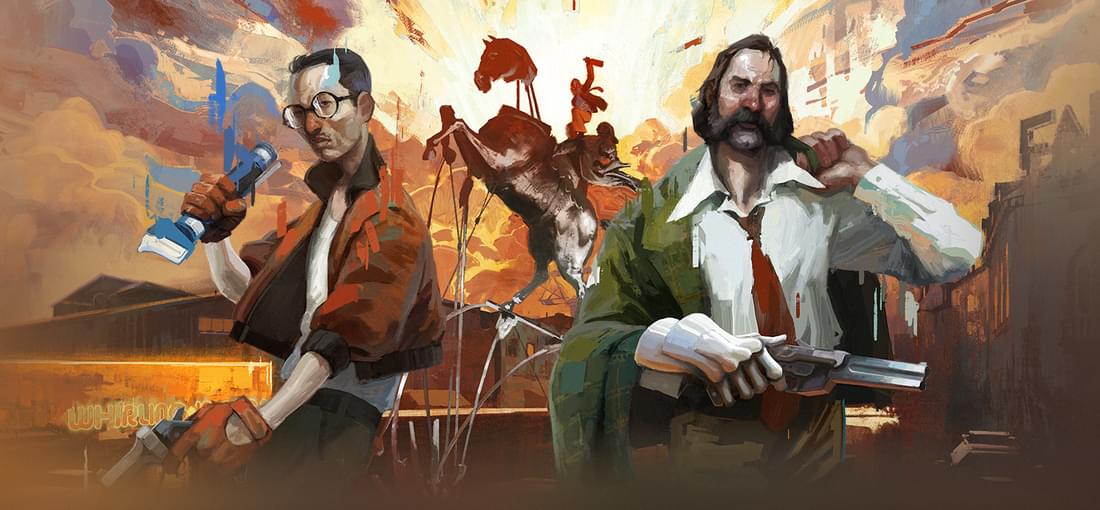
In those moments when Disco Elysium hits the right mixture of its message, its mystery, and its heart, the game is truly phenomenal; a work of beauty. I found myself simultaneously inspired and crushed when it was able to achieve those heights. And then I would spend hours aimlessly wandering around because I didn't hit the right conversation stat check to unlock the game's progression. Such is the dichotomy of the game: I pushed through the moments in which it was a tediously long-winded illusory exercise in thought-wank to hopefully arrive at another poignant and powerful experience. Whether or not you will enjoy the game will depend on how willing you are to go on that kind of a ride. The game is not an RPG, regardless of how it wants to characterize itself; there is only one way to play through the game. Player choices and character builds only serve to affect the narrative framing of the experience. More akin to a visual novel than a crpg. It is also not a mystery game that you as the player can solve. The elements required to "solve" the case are hidden behind conversation triggers that you have to experience in a fixed progression. Need to find a suspect in hiding? Don't go looking for them on your own; they're not in the game until you have the conversation which triggers them to be in the game. Want to find your gun? You need to work with the person who is blackmailing you; you won't find it any other way. This design for the game almost had me quit multiple times in frustration. That and the large amount of illusion of choice. In spite of how entertaining and interesting a lot of the dialogue options are and the conversation possibilities they open up, most (perhaps all?) of the time it has no real consequence on the game's trajectory. Ultimately I think it was still worth playing, but I am a bit disappointed that the result didn't live up to the promise. A few different design decisions and I think this game could have been incredible.